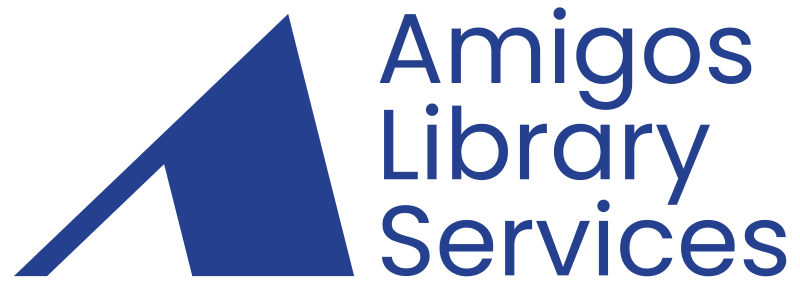Know & Go: Social Services for Teens in the Library
Social Services is often a hot topic in the LIS world. However, the conversation often centers around adult services which can be exclusionary or inaccessible for teens under 18. This presentation will highlight some unique challenges that teens face, provide examples of teen-specific social services that we found helpful (especially in an urban public library setting), and look into some larger theoretical questions and frameworks around social work and libraries.
